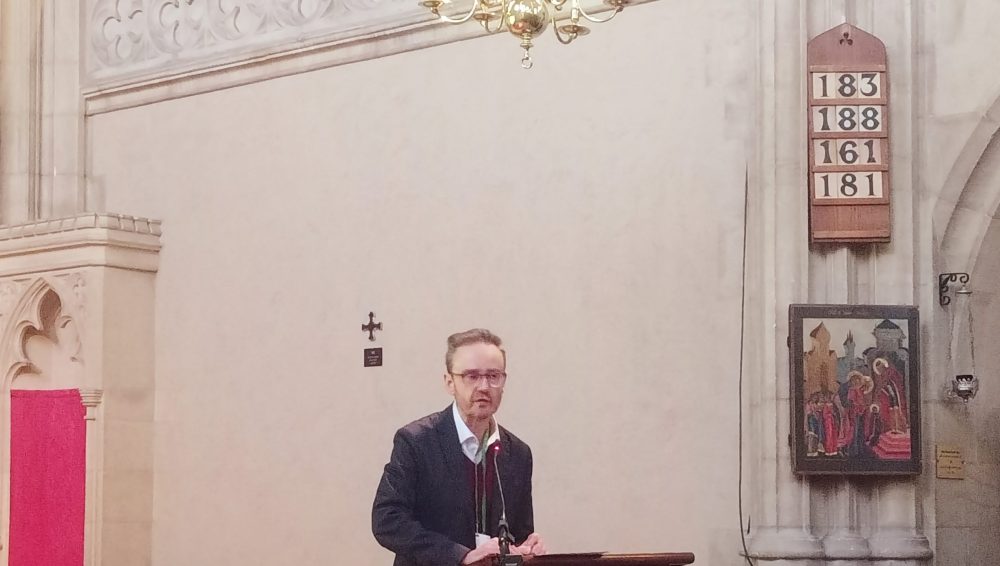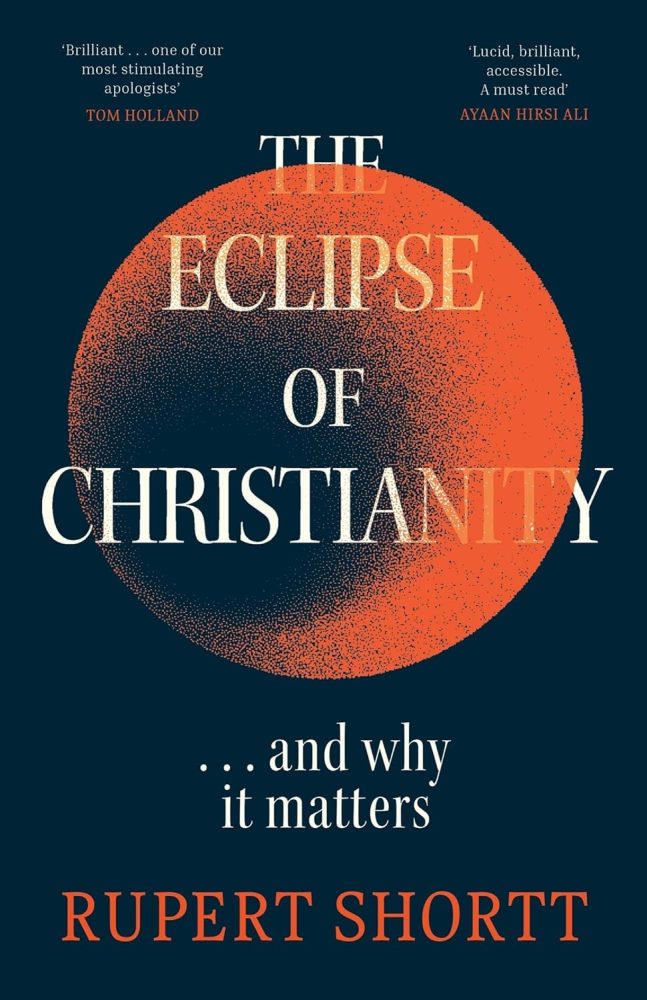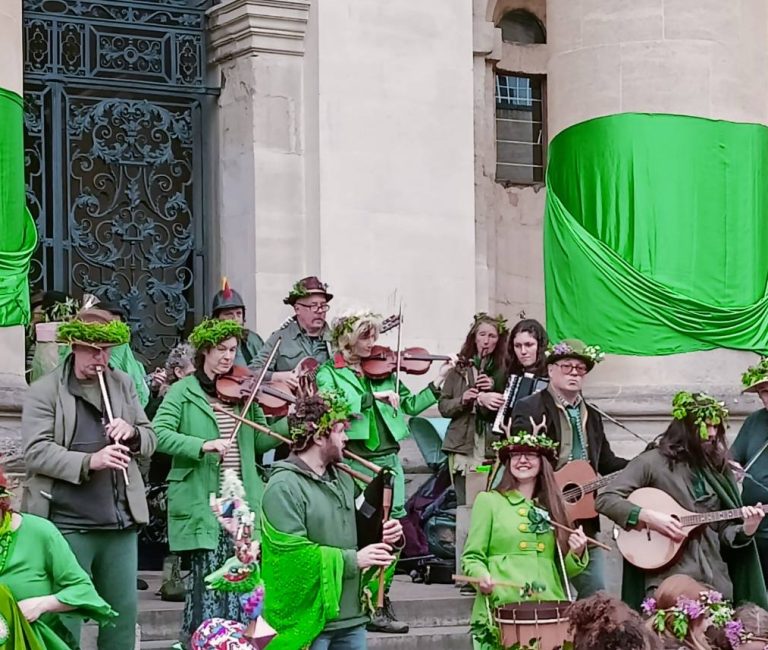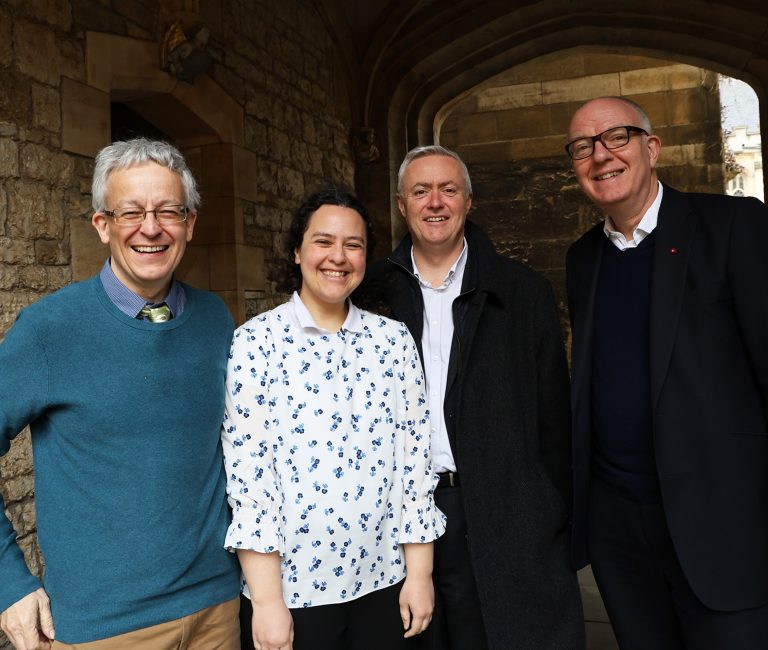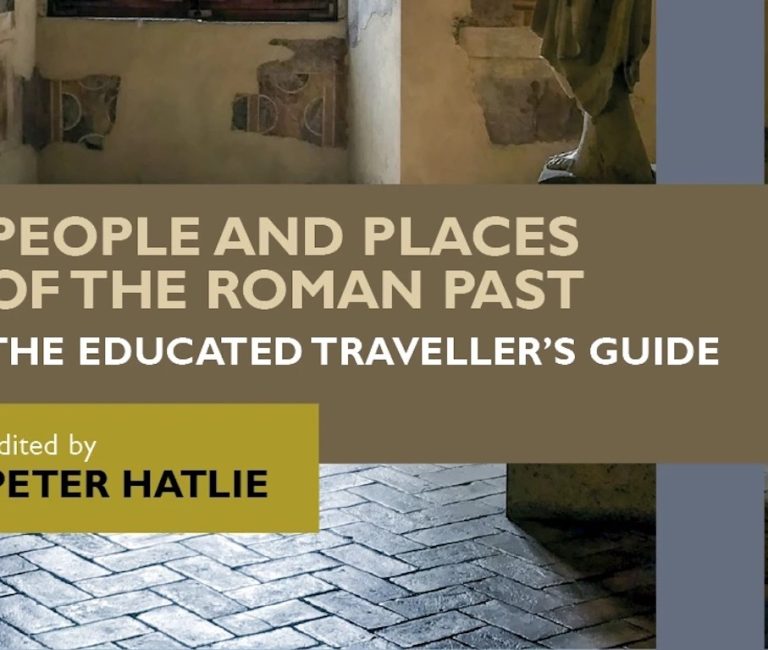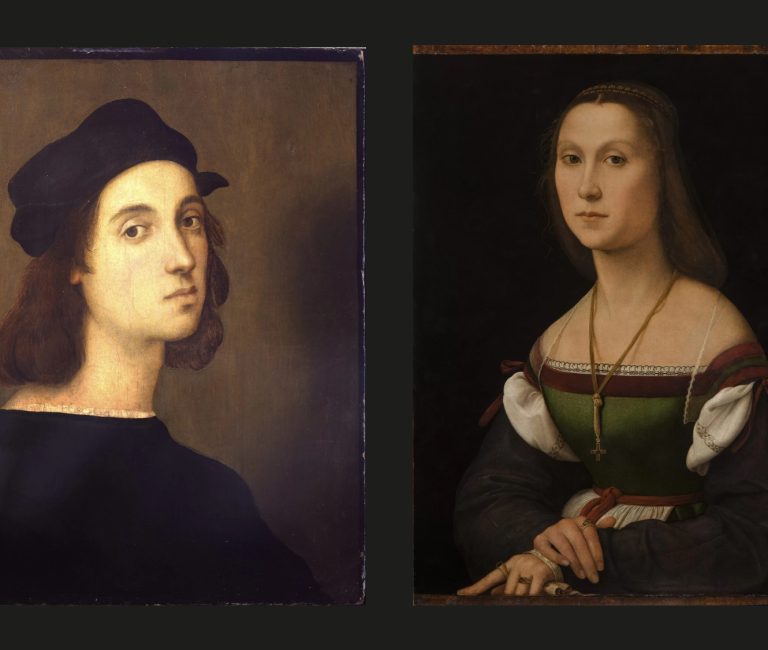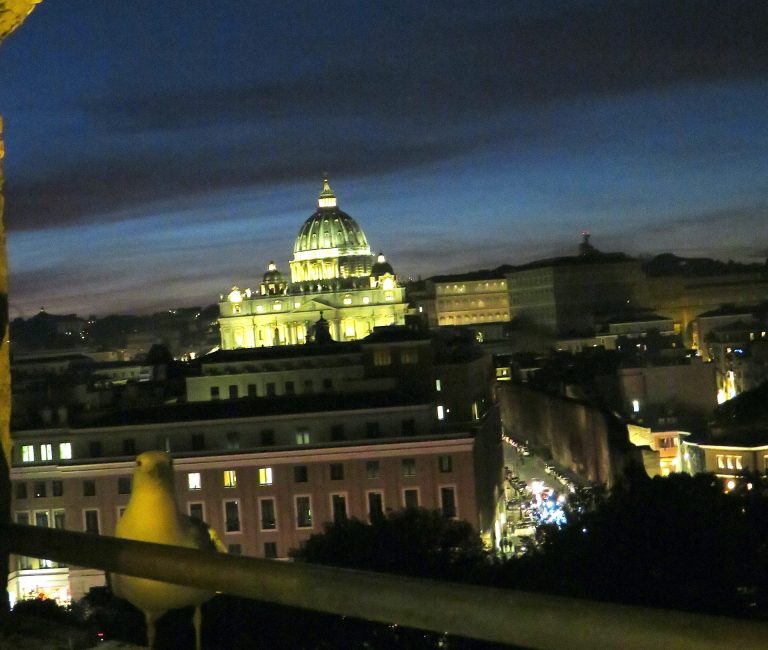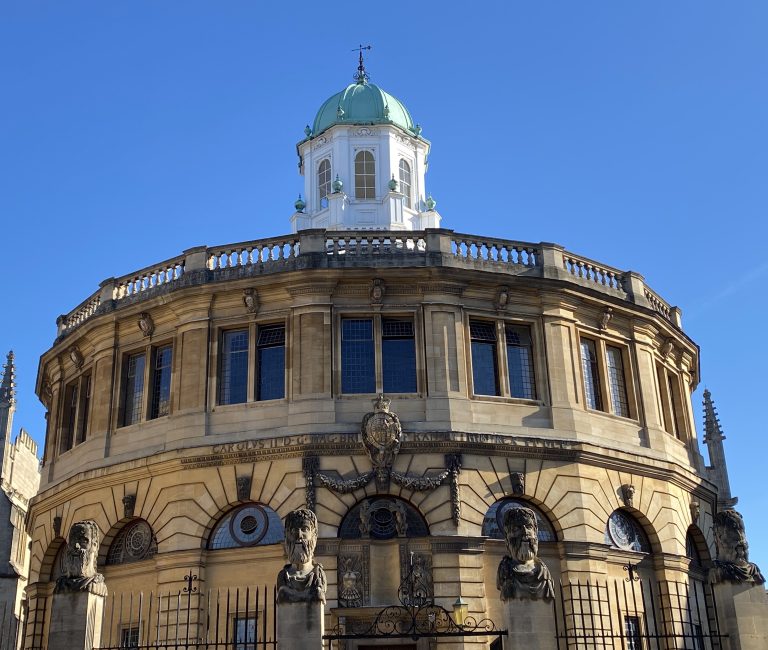With his 2016 book God is No Thing (2016), the author, former Religion Editor at The Times Literary Supplement and now a researcher at the Von Hugel at Cambridge University, began carving out a lethally incisive space in the communication of theistic apologetics – sobriety, clear eyedness, and lack of obvious socio-political idealism being key; yet not averse to stolid combativeness worn on the sleeve of well worked conviction and reasoning; and a raring to be read set of case studies.
Before the 1990s, says Rupert, the sociology of knowledge in Britain was already shaped loosely. Have we grown from this or learnt justified nationwide lessons? No, ignorance is rife: the narrative of criticality is in free fall. People do not know – coherently – why they reject Christianity or think that Jesus doesn’t matter.
This is not mature or better.


